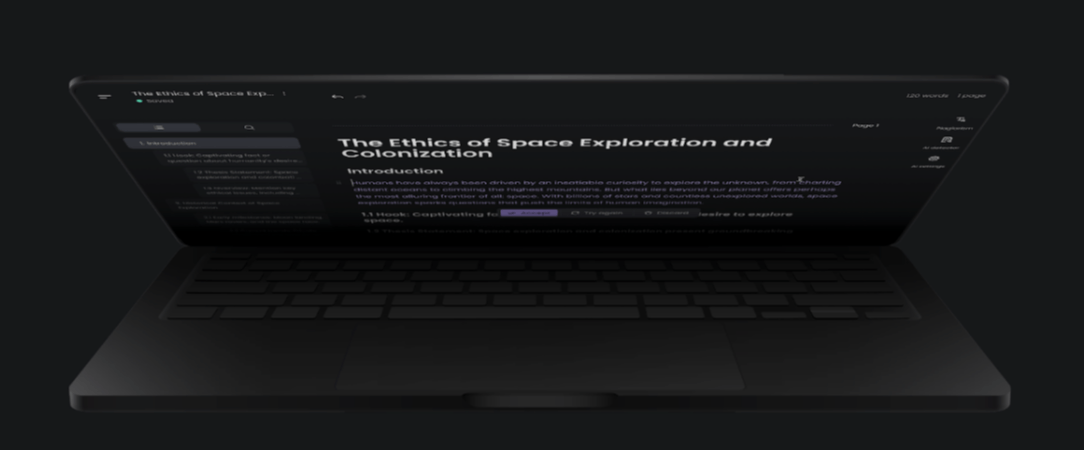I use Firefox primarily because I have always believed it’s the gold standard for privacy. This is more than an assumption—it’s how the browser markets itself. However, after many years of using the browser, I quit. It took some deep digging, but honestly, beyond the surface, the cracks begin to show.
3
Firefox Enhanced Tracker Protection is a Myth
Once you’re connected to the internet, websites use cookies, scripts, and pixels to track you. With these elements, websites and advertisers can follow your activity across the internet. What makes this scary for any privacy-conscious person is that a high level of information is gathered without consent. Your location, browsing habits, and other inferred personal traits become game in someone else’s hands.
Browsers can be a potent defense against this type of intrusive tracking. This is exactly what I expected from the Firefox Enhanced Tracker Protection, but its effectiveness is limited at best.
I ran the Browser Leaks Content Filters test on Firefox. This test shows if privacy-enhancing tools modify the browsing experience on a given browser. On Firefox, there was a conspicuous lack of privacy-enhancing tools: no Tor letterboxing, no canvas protection, no ad-blocking subscriptions.
Next, I ran the Cover Your Tracks fingerprinting test. This test by the Electronic Frontier Foundation (EFF) tells you if your browser is actively preventing fingerprinting across websites. Here, I got a unique fingerprint, proving that Firefox is not protecting me from being fingerprinted across the internet.
A randomized fingerprint is the ideal option for privacy. It implies that you do not stand out and can not be told apart from the next person using the same browser.
By default, Firefox was offering very weak privacy out of the box. For a privacy browser, it’s not doing the barest minimum. There may be many reasons to use Firefox, but privacy is not one of them, and that was the one factor that meant the most to me.
The Problem With Hardening a Browser
I know it’s possible to harden Firefox, but most people simply download a browser and start using it as it comes. I have used hardened Firefox and it really does well in many privacy tests; however, if this were to be the case, Firefox should have marketed the browser as a great data privacy option only after user hardening.
The second problem with tweaking your browser, especially for privacy or anonymity’s sake, is that the more hardening you do, the more you stand out. This is horrible because you become fingerprintable across the web and lose the benefits of going through the internet without sticking out like a sore thumb.
Do Any Other Browsers Perform Better Than Firefox in Privacy Tests?
If this abysmal privacy level is consistent across all browsers, there is no need to complain. So, I ran two browsers through some of the same privacy tests. The first was Librewolf.
On the Browser Leaks Content Filter test, Librewolf did better than Firefox. The test revealed adblock filters where Firefox had none. It also revealed that Librewolf was equipped with canvas protection, where Firefox again, had none.
The second browser I put to the test was Mullvad. This is a more recent browser, but just like Firefox, it’s marketed as a great privacy option. The results here were almost identical to Librewolf. The main difference was that, in addition to canvas protection, it also offers Tor letterboxing, which is additional protection against fingerprinting attacks.
At least now I have two alternatives that offer better privacy out of the box without the need for any hardening.
2
The Updated Terms of Use Was the Straw That Broke the Camel’s Back
If the lack of basic privacy enhancements were not enough to make me quit, Mozilla’s updated privacy notice was the final straw.
With regard to collected user data, part of the terms of use read:
…you hereby grant us a nonexclusive, royalty-free, worldwide license to use that information to help you navigate, experience, and interact with online content as you indicate with your use of Firefox.
For a company that claims not to be big tech, this update feels very much like what you would expect from big tech. Of course, there was a lot of backlash. So much so that they swiftly updated and deleted the part of the terms of use quoted above.
It’s too little, too late. Firefox is free and open-source but this level of control over my data is a price too steep to pay. I was not willing to grant Mozilla a nonexclusive, royalty-free, worldwide license to use my information.
1
The Firefox Warning Signs Had Always Been There
When the cracks start showing, you realize there is a lot you had overlooked. The wording of the terms of use made me realize that there is a lot I had ignored. They became more glaring and a reminder that Firefox was not the privacy browser I loved.
The now-discontinued Pocket Integration is an example. It included recommendation tracking, involved a third-party, and connected to external servers without consent. This should have raised red flags for anyone who values privacy over convenience.
Another thing that should have bothered me is its search deal with Google, Mozilla’s largest revenue source. Google is one of the biggest data harvesters—these kinds of collaborations are a conflict of interest.
To me, Firefox now feels like a regular browser, not one built for privacy. It boasts some great convenience features that rival those of Chrome or Edge. However, that is where it now truly belongs: the class of convenient, sleek browsers, with limited privacy options.
So yes, I quit using Firefox, but am I telling you to do the same? Not at all. It still serves a purpose, but if you are seeking true privacy, you should explore Mullvad or Librewolf. These are options that come with real privacy defaults out of the box.










